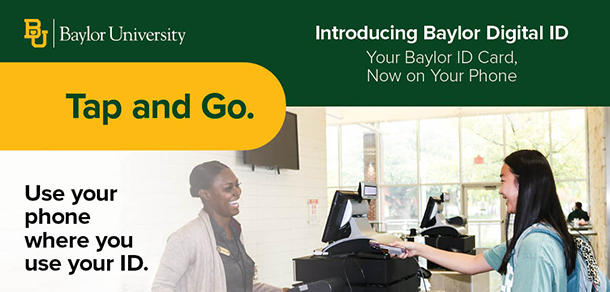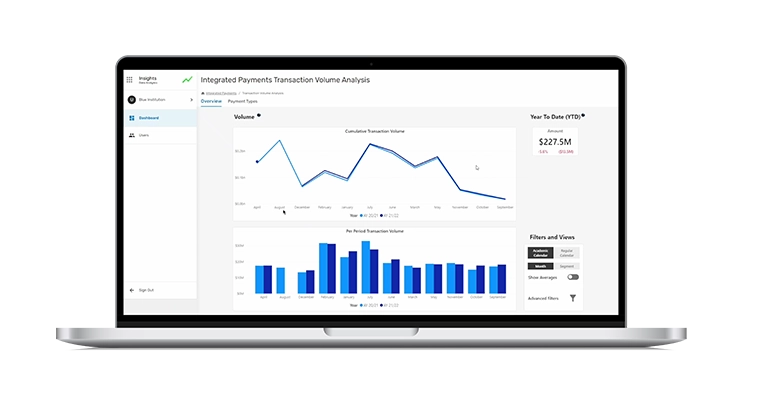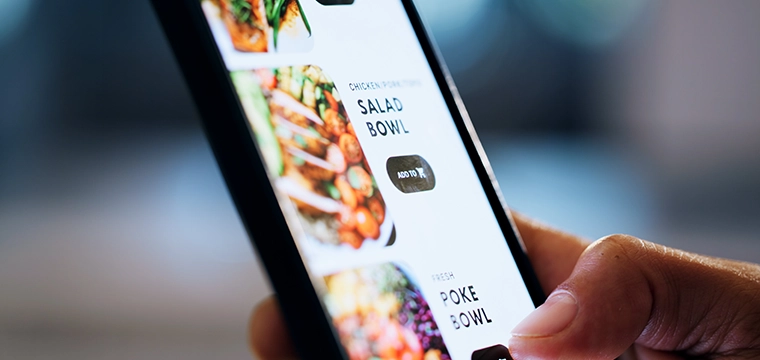
As the spring semester kicked into gear, students at Baylor University began downloading their mobile credentials into NFC wallets on their Android or Apple device. The institution’s longtime security and card provider CBORD helped guide the program alongside door access partner Allegion.
BaylorITS and the Department of Public Safety launched the new Baylor Digital ID enabling students living in on-campus residential halls to unlock doors, enter dining halls, make dining purchases, check out library materials, and access other campus services with their mobile device.
In November 2023, a pilot program in on-campus residential facilities tested the new credential. According to the university, 110 students used the new Baylor ID with 25% of those using an Apple Watch. Only three participants required support during the pilot.
After the successful pilot, Baylor and CBORD were ready to move forward with a full launch at the start of 2024.
During the pilot, 110 students used the new Baylor ID with 25% of those using an Apple Watch. Only three students required support.
“Baylor's approach aligns seamlessly with our vision,” says Dan Park, president and CEO, CBORD. “We strive to empower institutions with cutting-edge solutions for a more innovative future.”
According to the Baylor ID site, to download the credential, users go through the following steps:
“The implementation of the Baylor digital ID builds on our long-standing relationship with the Baylor Department of Public Safety, CBORD and our partnership with Allegion,” says Jon Allen, associate vice president, CIO and CISO for Baylor University.
Jeff Koziol, Allegion’s business development manager for mobile credentials, says that CBORD and Baylor were very methodical in the process to address all use cases for the mobile credentials to ensure a positive student experience. Key to this effort, residence hall doors controlled by Allegion’s AD-400 locks now enable students to gain entry with a tap of their phone.
BaylorITS says that in the future they will no longer need to the plastic card, but until all campus readers are updated, they suggest that everyone should continue to carry their card.




